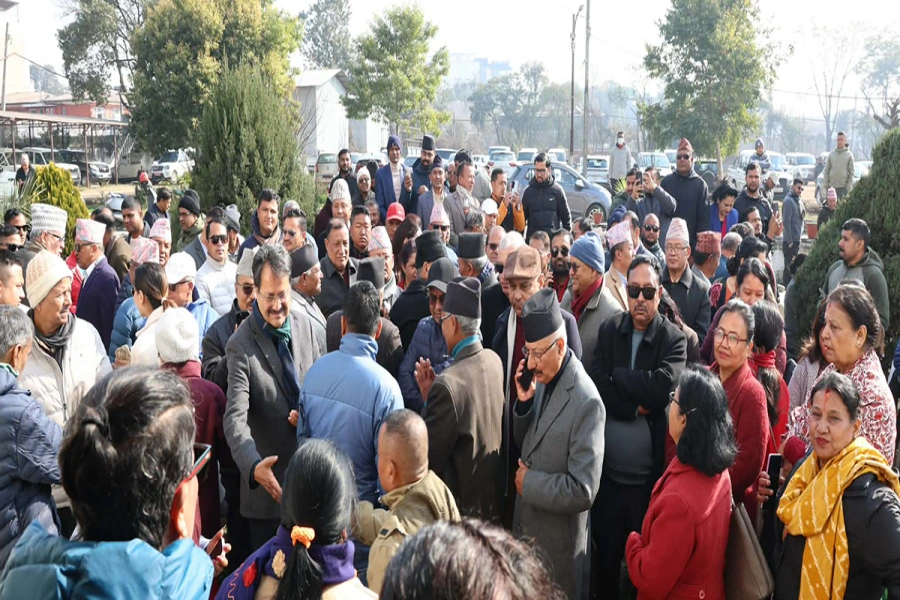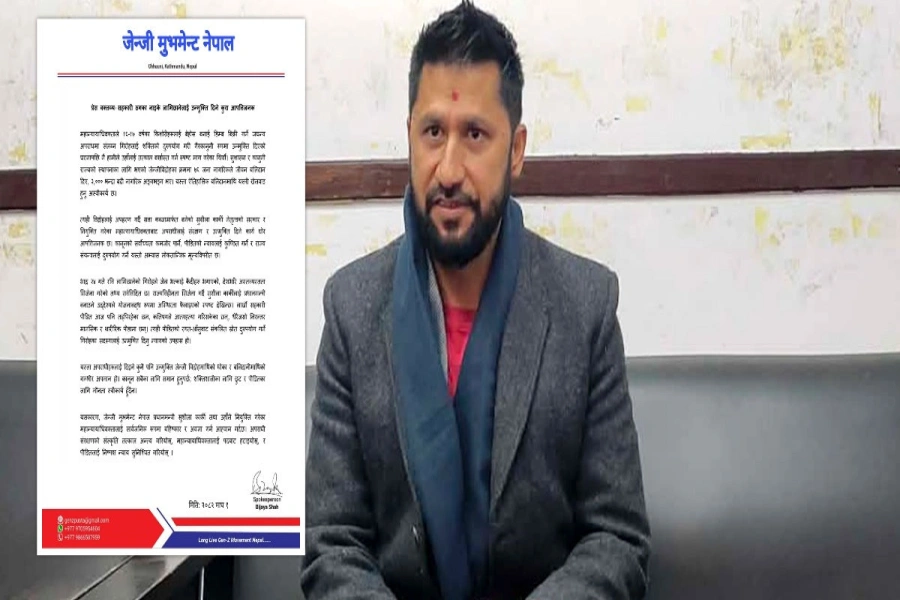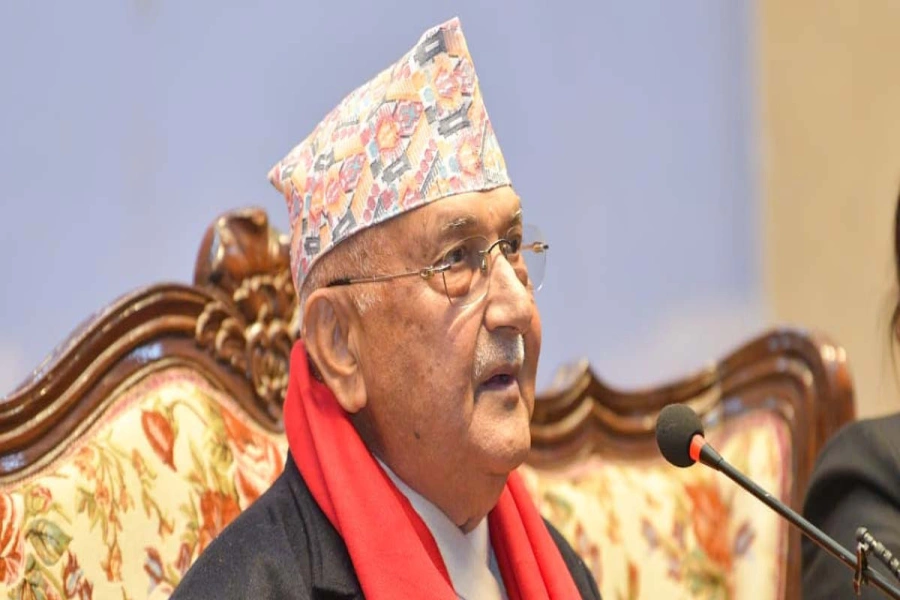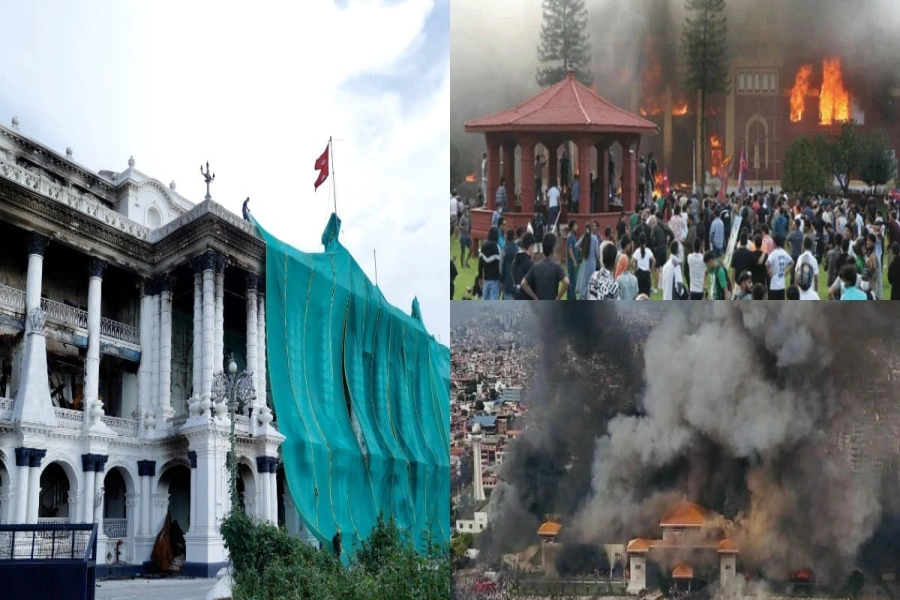Overall the Maoists’ message is simple: The president of the nation is against democratic ideals of civilian supremacy and all political parties that are now in the government are nothing but foreign stooges. According to this logic only the Maoists are democratic and free from foreign influences. To get the nation out of this situation the Maoist leadership wants the people to believe that there is only one alternative which is the capture of state by the Maoist party. This is a classic tendency of what one management theorist has labeled as hubris born out of success.
THE MAOIST HUBRIS
The word hubris indicates a situation of “overweening pride, haughtiness and arrogance” that often leads to a lot of suffering. The Maoists have achieved a great deal in realizing their political ambition during the last thirteen years. But they know that they have yet to achieve the ultimate prize and that is the establishment of a one-party state which could ultimately be projected as a new model of applied Marxism for the 21st century. Like any other fundamentalist doctrine the Maoists have used the underlying humanism of Marxism to propagate a system of governance where the individual becomes a commodity that should forever remain ready as an obedient servant of the party. Similarly all organs of the state — the military, the judiciary and the legislature — become an extension of the party. It is the “big brother” syndrome that remains at the core of Maoist orthodoxy even though it is couched in high sounding themes like democracy and civilian supremacy. The signs are there for all to see. Our Maoists friends are openly against the notion of constitutional checks and balances and express their allergy to the word “pluralism” as a political value. Nevertheless the fact remains that the Maoists are an important political force in the country and this reality has imbued them with a sense of hubris that is best expressed in the often repeated desire of their leaders to “capture the state”
CHALLENGING THE MAOIST HUBRIS
The display of outrageous conceit and arrogance by the Maoists is well reflected in their assertion that it is only the Maoist party that has the legitimacy to rule the country even if it means ignoring the provisions of the constitution that was promulgated with the consent and support of the Maoist party. The idea that the only legitimate government in the country has to be led by the Maoists and that other parties have no right to put their claim as per the constitution may sound ridiculous but a mindset based on hubris refuses to see the absurdity involved. Unless other parties are careful we may witness the flowering of this hubris mentality in numerous ways in the future. It can be reflected in bold and reckless adventurism and the pursuit of an aim that does not take into consideration the geo-strategic reality of the nation and the accepted norms and values of a democratic system. We are already witnessing some signs of this tendency in the speeches and planned policies of the Maoist party. The idea of announcing provinces in the new republic of Nepal when in fact the topic has not even been seriously discussed in the Constituent Assembly (CA) is a case in point. The Maoists know that a move of this nature is against the spirit and provision of the Comprehensive Peace Agreement. Nevertheless they are willing to use tools of this nature to test the cohesiveness and the strength of other political parties and to find out if the government that is now a coalition of 22 parties can be politically and psychologically demoralized enough to surrender. If the surrender scenario materializes “state capture” then becomes the next logical step.
For non-Maoist political parties there are four sets of challenges if the country is to have a draft constitution in the stipulated time period. First, it must be made very clear that Maoist hubris will not lead to political surrender. This is not an easy proposition especially in view of the internal political squabbling and conflicting personal ambition and tremor that seems to characterize the major political parties in the coalition. A unified democratic front led by the CPN-UML and the Nepali Congress (NC) must make it absolutely clear that the Maoist political hubris threatening the government going beyond the constitutional provision will not be accepted as the basis of politics in the nation. This is a message that both the NC and the CPN-UML have consistently failed to deliver to the Maoists, thus triggering numerous forms of hubris. Second, the alliance of the democratic forces must not be based on the logic of isolating the Maoists. As long as the Maoists are willing to stake their claim in the government through the constitutional process it should be accepted as a normal democratic practice and the results should be accepted by all without any ill-feeling or rancor. Third, the present government must also be able to govern and give people a sense of hope and optimism. On this score, the present government is close to a “fail” grade. Prime Minister M K Nepal seems helpless to control corruption and seems to rely on theatrics like a “bus ride” in Kathmandu or a cabinet meeting at the foot of the Everest with donor money to project a “positive” image of his government. For millions of people who are close to starvation in different hill districts of the country, for industrialists who will now have to face the sixteen-hour power cut or for government officers who are now being humiliated by rogue ministers in power, M K Nepal has no message of hope and optimism. In the future M K Nepal has to improve the delivery capacity of his government if he is to retain the support of the people vital to deal successfully with Maoist hubris. Finally, smaller democratic parties that believe in inclusive nationalism must bury their differences and unite among themselves to help and strengthen the democratic alliance in the nation. Small parties like RJP and RPP now seem weak because they remain fragmented and therefore not of any serious political consequence. However, they have a political base, albeit dormant, all across the country that can easily emerge as a new rallying point on the side of democratic values if political unity is achieved based on the concept of inclusive democratic nationalism. This is a challenge for both the RJP and the RPP and they should respond to this historic call for action.
Writer is the co-chairman of the Rastriya Janashakti Party
Oli’s arrogance main reason behind UML’s fall: Chairman Nepal







































